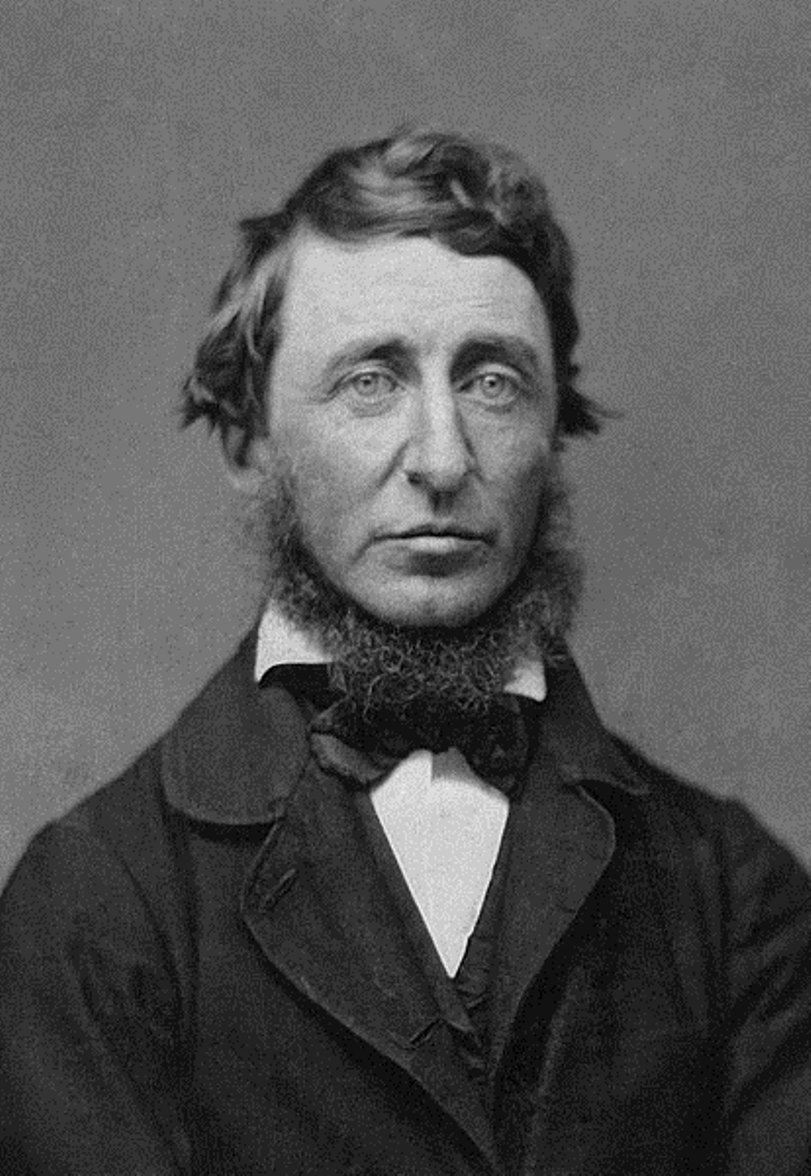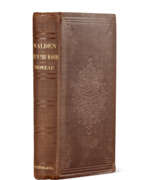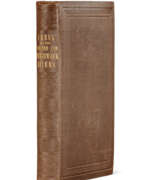Henry David Thoreau (1817 - 1862)

Henry David Thoreau
Henry David Thoreau is an American writer and poet, philosopher and publicist. He was a prominent representative of American transcendentalism, a friend and associate of Ralph Waldo Emerson.
Henry studied at Harvard University, where he met Ralph Waldo Emerson, the future founder of American Transcendentalism. Thoreau saw Emerson as a guide, a father and a friend. Under his guidance, Henry began to publish his poems and essays with increasing confidence.
In the early spring of 1845, the 27-year-old Thoreau began a new life: he chipped a cabin for himself on the shore of Walden Pond, ate very moderately and meditated. He also read and wrote "A Week on the Concord and Merrimack Rivers," then published in 1849. What eventually emerged was a series of 18 essays called "Walden," describing Thoreau's experimentation with the basics of life. Thoreau's clear and elegant style of presentation brought this work to the level of a literary classic.
Thoreau lived according to the doctrines of transcendentalism recorded in his masterpiece Walden (1854) for two years, and then left the cabin. But life around him had already changed, and little by little his moods began to change as well. Thoreau began to move away from transcendentalism, became more involved in public life, and became a committed abolitionist.
| Date and place of birt: | 12 july 1817, Concord, USA |
|---|---|
| Date and place of death: | 6 may 1862, Concord, USA |
| Period of activity: | XIX century |
| Specialization: | Naturalist, Philosopher, Poet, Publicist, Writer |


